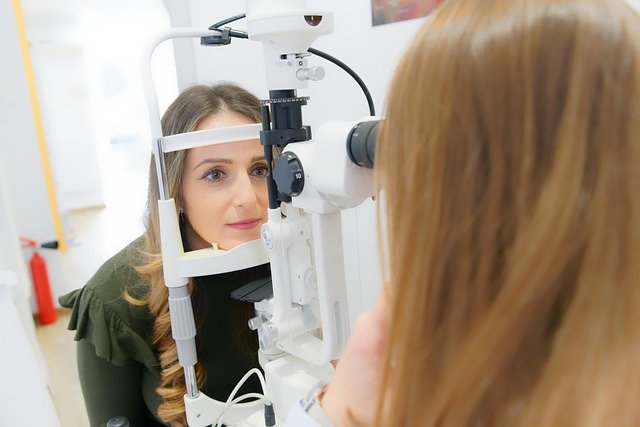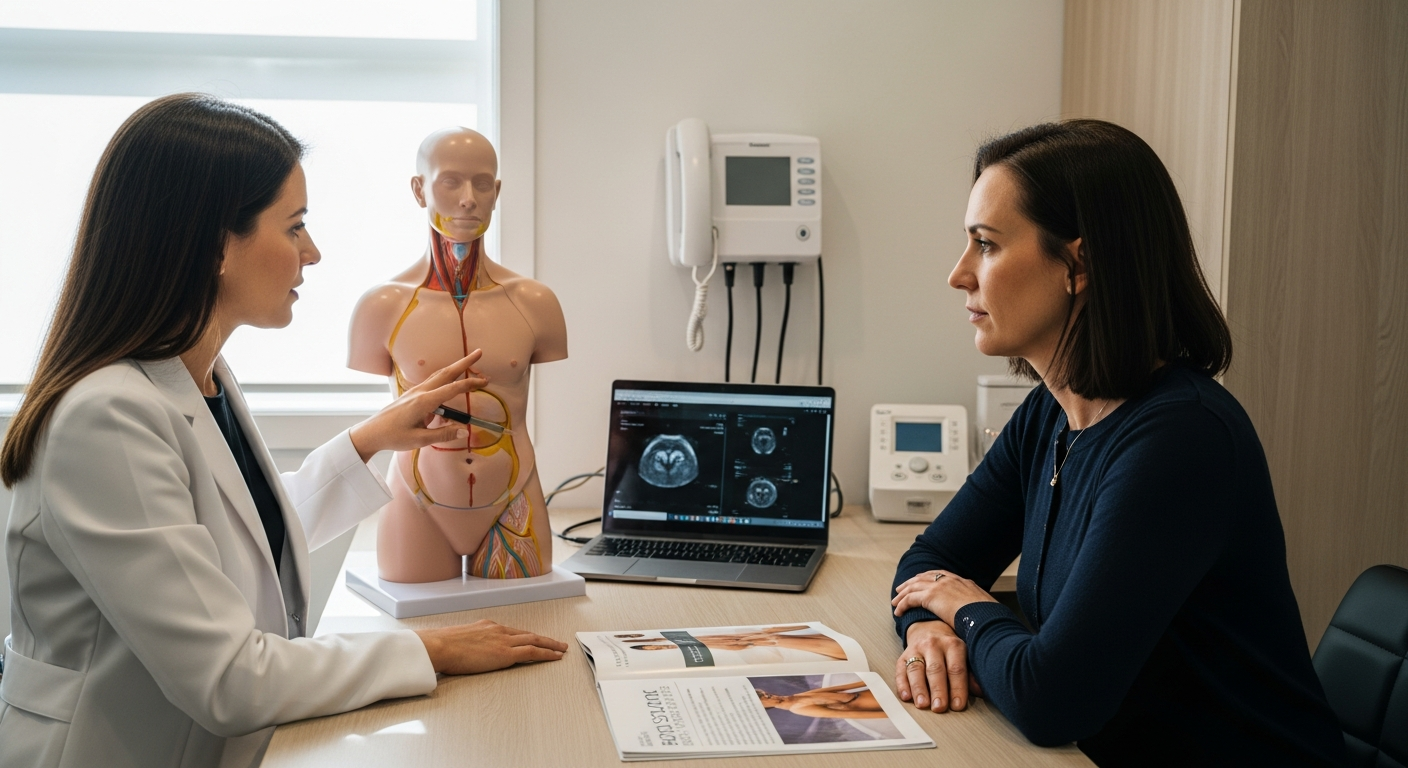Cataract Surgery Is on the Rise – Here’s What’s Driving the Interest
Across the UK, more people are looking into cataract surgery, and the reasons might surprise you. From lifestyle changes to growing awareness, discussions around eye health are increasing, leading many to explore their options sooner than they expected

Why are more people considering cataract surgery?
The most significant driver is demographic: an ageing population means more people develop cataracts, a clouding of the eye’s natural lens that can blur vision, reduce contrast sensitivity, and cause glare. Many individuals are also working and driving later in life, so maintaining safe, reliable vision is a priority. Improved outcomes and predictability of modern procedures have reduced hesitation, and the prospect of regaining independence—reading comfortably, recognising faces, meeting driving standards—makes surgery an appealing, evidence-based option.
What exactly is cataract surgery and how has it evolved?
Cataract surgery replaces the cloudy lens with a clear intraocular lens (IOL). Today, most procedures use small-incision phacoemulsification under local anaesthetic, often as a day case. The surgeon softens and removes the cloudy lens through a tiny incision, then inserts the IOL. Advances in biometry (eye measurements), surgical instruments, and lens design have improved precision. Lens options now include monofocal (usually set for distance), toric (to address astigmatism), and some multifocal or extended-depth-of-focus designs. In selected cases, femtosecond laser assistance can help with certain steps, though it is not essential for good outcomes. Collectively, these refinements have shortened recovery times and enhanced visual results.
How do lifestyle changes influence the decision?
Lifestyle expectations have shifted. People spend more time on screens, commute after dark, pursue visually demanding hobbies, and prioritise activities that rely on crisp contrast. Cataracts can heighten glare at night and make low-light tasks challenging. Some choose to have surgery earlier, when cataracts are impairing daily life but before vision deteriorates severely. Ready access to local services—opticians, community clinics, and hospital eye units—also streamlines pathways from detection to referral, making timely intervention more feasible in your area.
What role does awareness play in current trends?
Optometrists are central to earlier detection and referral. Routine eye tests frequently identify cataracts and prompt discussions about options, risks, and timing. Public information from reputable organisations has improved transparency, while published patient-reported outcome measures have increased confidence in safety and effectiveness. Many people now understand that surgery is common, typically quick, and tailored to individual needs—knowledge that reduces anxiety and encourages informed decisions.
What are the costs associated with cataract surgery?
In the UK, clinically indicated surgery is available via the NHS without a direct charge to eligible patients. Some choose private care for scheduling flexibility, surgeon or lens selection, or if they prefer options like certain premium IOLs that may not be routinely offered in publicly funded pathways. Private fees usually cover the consultation, surgery, lens, and follow-up, but specifics vary by provider. As a general guide, standard private surgery with a monofocal lens often falls in the region of £2,000–£3,500 per eye, while toric or multifocal lenses can be higher. Insurance policies vary; some cover medically necessary cataract surgery, though policy terms differ and preauthorisation is typically required.
Below are indicative costs from real UK providers and the NHS. These are broad estimates gathered from typical market ranges and public information. Always check current pricing directly with providers.
| Product/Service | Provider | Cost Estimation |
|---|---|---|
| Cataract surgery (per eye, monofocal) | NHS (UK) | £0 at point of use for eligible patients (publicly funded) |
| Cataract surgery (per eye, monofocal) | Moorfields Private | Approx £2,500–£4,000 |
| Cataract surgery (per eye, monofocal) | Spire Healthcare | Approx £2,300–£3,300 |
| Cataract surgery (per eye, monofocal) | Nuffield Health | Approx £2,500–£3,500 |
| Cataract surgery (per eye, monofocal) | Optical Express | Approx £1,995–£3,195 |
| Cataract surgery (per eye, monofocal) | Optegra Eye Hospital | Approx £2,495–£3,495 |
| Cataract surgery (per eye, monofocal) | Newmedica (private) | Approx £2,000–£3,000 |
Prices, rates, or cost estimates mentioned in this article are based on the latest available information but may change over time. Independent research is advised before making financial decisions.
Practical considerations in your area
Pathways vary across regions. In some areas, community optometrists can refer directly to hospital services or accredited providers, which can shorten waiting times. Eligibility thresholds for publicly funded care are guided by clinical need and impact on daily life. If considering private treatment, comparing quotes, lens choices, surgeon experience, and what is included in aftercare can help you make a balanced decision. For many, a staged approach—treating the more affected eye first—offers a clear sense of benefit and recovery.
The bigger picture
Several trends converge: an ageing population, refined techniques, higher expectations for visual quality, and better public information. Together, they explain why more people are choosing surgery sooner, once vision begins to affect safety, work, or enjoyment of everyday tasks. While the clinical pathway is well established, personal preferences—timing, lens selection, and setting—shape each journey.
This article is for informational purposes only and should not be considered medical advice. Please consult a qualified healthcare professional for personalized guidance and treatment.




